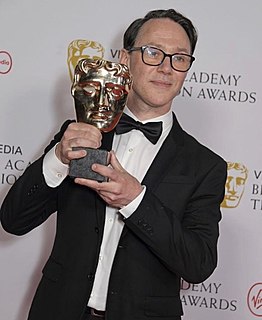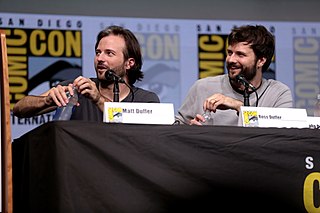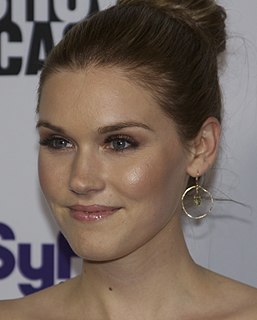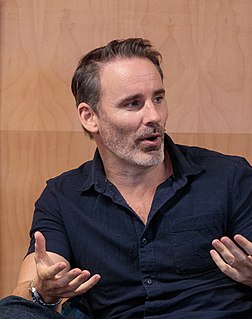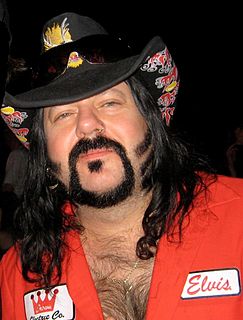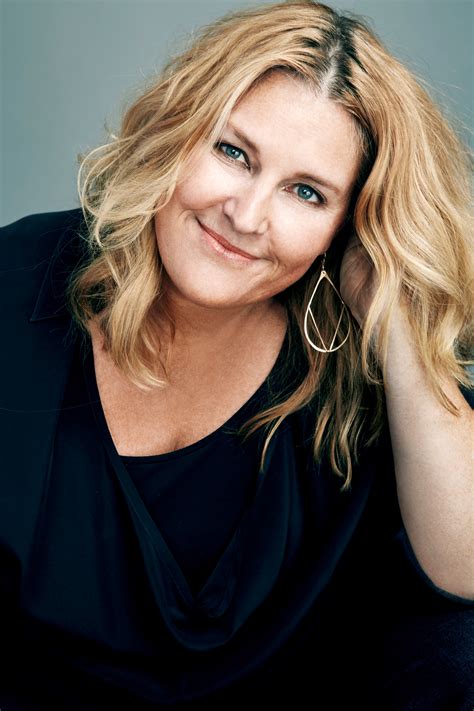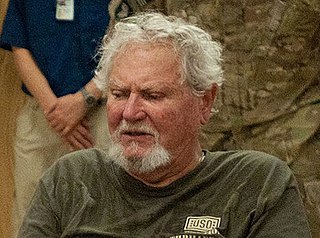A Quote by William H. Macy
Stephen King writes a lot of things that are really charming and quirky, and that are more ironic than horror.
Related Quotes
Audiences are very sophisticated and they know the nuts and bolts of the genre - certainly with horror more than others I think. But they attract lots of people, they're much derided as a genre but people go and see them and they're not all dumb. There's some very clever horror films. Stephen King gets a lot of flack for not being a proper writer because he's a horror writer, but I think he writes some brilliant books. I think it's wrong to just bin it before looking at it.
I grew up on all sorts of horror - Hammer Horror and Vincent Price's 'Theatre Of Blood.' I loved the hidden, scary layers, but there wasn't that much around for youngsters in terms of horror books. I can remember reading Stephen King's 'Salem's Lot' and 'Cujo,' but I thought there should be more for teenaged horror fans.
If you look back at a lot of these Spielberg movies and Stephen King books, even though there's a lot of fun and a lot of camaraderie, there's also a bit of sadness there, whether it's 'E.T.' with the divorce or in Stephen King's 'It,' where there's racism. There's always some sort of evil - there's sadness and people aren't happy.
In junior high I read a lot of Stephen King, whose Americana approach to writing was often about "the terror next door" and at the same time I was reading a lot of Clive Barker, who was on the other end of the horror pendulum: insidious and disturbingly psychological. I found it fascinating how these two authors came at horror from two totally different perspectives.
Stephen King writes mass fiction but gets reviewed by the New York Times and writes for the New Yorker. Critics say to me, "Shut up and enjoy your money," and I think, OK, I'll shut up and enjoy my money, but why does Stephen King get to enjoy his money and get reviewed on the cover of the New York Times Sunday Book Review?

